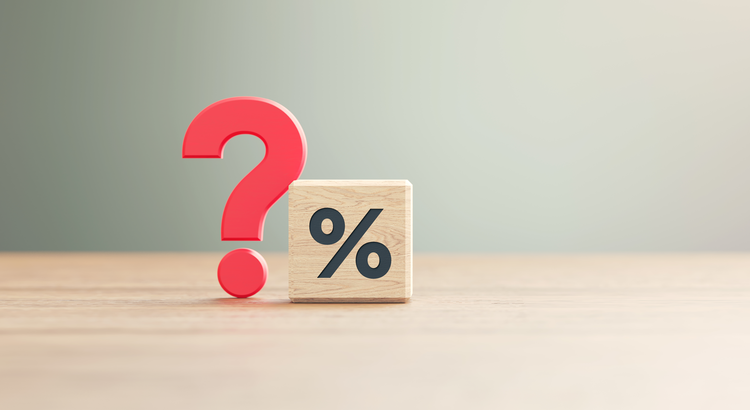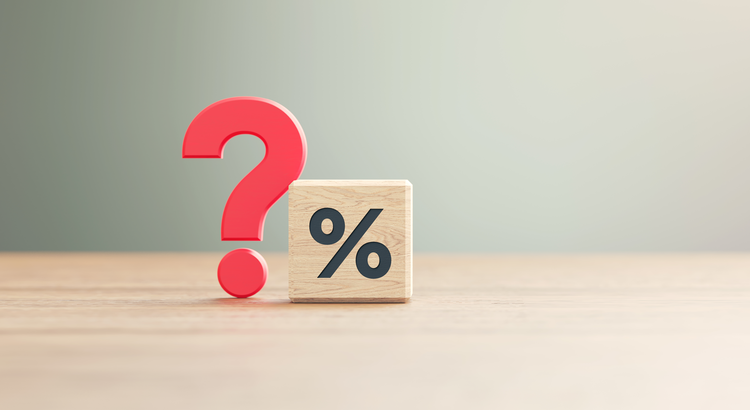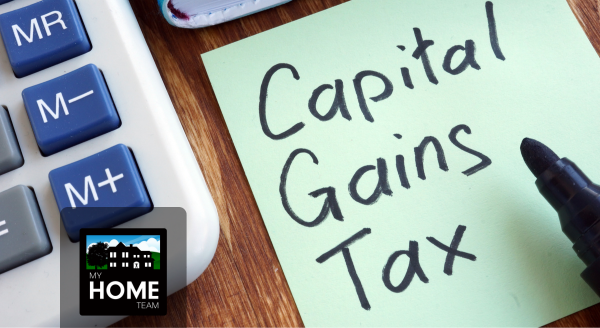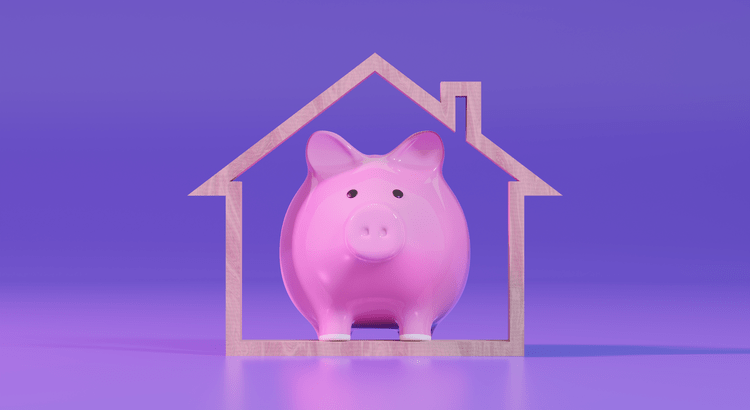Investor Formulas every investor should know.
How to Evaluate if a Real Estate Property is Worth Buying: Investor Formulas You Need to Know

When it comes to real estate investing, numbers don’t lie. Experienced investors rely on proven formulas to determine whether a property is worth buying. By understanding these calculations, you can assess the profitability and risk of your potential investments with confidence. Here are the essential formulas every real estate investor should know.
1% Rule
The 1% Rule is a quick and easy screening tool that helps investors identify properties with strong income potential. According to this rule, the monthly rent of a property should be at least 1% of its purchase price.
Formula:
Monthly Rent ≥ Purchase Price × 0.01
-
Example: If a property costs $200,000, it should rent for at least $2,000 per month ($200,000 × 0.01).
This rule is a good starting point but should be followed by a deeper analysis using the formulas below.
Cap Rate (Capitalization Rate)
The Cap Rate measures the property’s return on investment (ROI) as a percentage of its purchase price. It’s particularly useful for comparing properties in the same market.
Formula:
Cap Rate = (Net Operating Income / Purchase Price) × 100
-
Net Operating Income (NOI): Annual Rental Income – Annual Operating Expenses (e.g., property taxes, insurance, maintenance).
-
Example: If a property costs $200,000 and generates an NOI of $15,000, the cap rate is (15,000 / 200,000) × 100 = 7.5%.
A good cap rate varies by market but generally falls between 5% and 10%.
Cash-on-Cash Return
The Cash-on-Cash Return evaluates the return on your actual cash investment rather than the property’s total cost. This is especially important for leveraged investments.
Formula:
Cash-on-Cash Return = (Annual Pre-Tax Cash Flow / Total Cash Invested) × 100
-
Total Cash Invested: Down payment, closing costs, and any upfront renovation expenses.
-
Example: If you invest $50,000 cash into a property and your annual cash flow is $6,000, the cash-on-cash return is (6,000 / 50,000) × 100 = 12%.
Break-Even Ratio (BER)
The Break-Even Ratio helps you gauge risk by determining how much of your rental income will go toward expenses and debt payments. Lower ratios are better.
Formula:
Break-Even Ratio = (Operating Expenses + Debt Service) / Gross Rental Income
-
A BER below 85% is considered favorable, while a higher ratio may indicate that the property is too risky.
Gross Rent Multiplier (GRM)
The Gross Rent Multiplier is another quick evaluation tool that compares a property’s purchase price to its annual rental income. Lower GRMs indicate better potential returns.
Formula:
GRM = Purchase Price / Annual Rental Income
-
Example: A property priced at $300,000 that generates $30,000 in annual rent has a GRM of 10.
While GRM doesn’t account for expenses, it’s useful for a top-level comparison of properties.
Using the Formulas Together
Smart investors don’t rely on a single formula. For example:
-
A property may pass the 1% Rule but have a low Cap Rate or Cash-on-Cash Return, indicating it’s not as profitable as it seems.
-
Combining the Cap Rate and Cash-on-Cash Return can give you a clearer picture of both long-term and short-term profitability.
By using these tools together, you can make informed decisions that align with your financial goals.
Final Thoughts
While these formulas provide a strong foundation for evaluating investment properties, they’re only part of the equation. Factors like market trends, location, and property conditions also play a significant role in your decision-making process.
If you’re ready to take the next step in real estate investing, contact our team for personalized guidance and expert advice. We’re here to help you turn your investment goals into reality!
Recent Posts










